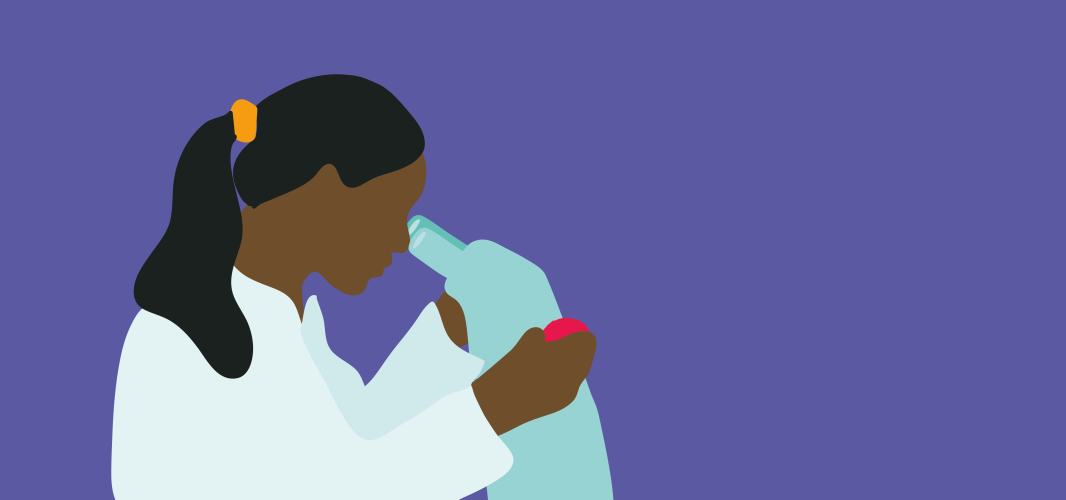Getting involved in the Phase1 Sativex clinical trial in 2015 after a recurrence of a tumour, was important to me because I wanted to give something back for the treatment and support I had received for my first and second grade 4 glioblastoma brain tumours. Also, for the treatment my elder brother David received for his grade 4 glioblastoma brain tumour in 2009. Unfortunately, David’s diagnosis was a lot later than mine, so his brain tumour was much larger, he sadly passed away in January 2010, four months before I became ill with my first brain tumour.
The treatment, radiotherapy, and chemotherapy I and David had received, had to have gone through a series of clinical trials in the past, to ensure they were safe treatments to use for brain tumours. Previous patients had volunteered to participate in the trials for these treatments when they were being developed. Therefore, I felt it was incumbent upon me to follow in their footsteps. I also wanted to make a difference to those people who had yet to be diagnosed with a brain tumour by ensuring they also could be offered a treatment that had been through a clinical trial to prove it was safe for use and would work.
My continued desire to do something positive to enable more people to survive any brain tumour, led to me become more involved in supporting the Brain Tumour Charity in the sterling work they have done and continue to do to support people diagnosed with brain tumours, their families, etc. This led me to becoming a member of the charity’s Involvement Network, which reviews research and participation in research trials. As someone who has been through a clinical trial, I know there are lessons to be learnt and improvements that can be made to make a trial run as smoothly as possible.
From my experience of living beyond a grade 4 diagnosis prognosis, I believe that there is never going to be a ‘magic bullet’ for the treatment of brain tumours. Everyone’s experience of a brain tumour is unique as is the growth of their tumour. We therefore need to develop a multitude, ‘an arsenal’ of treatments, which does require a lot of research to be undertaken. There will always be a need for this if we are to achieve the aim of everyone being treated on an individual basis, with individualised treatments to meet their specific needs. What works on one person or group of people, might not work on others, so there must be alternative treatments available.
I believe that everyone who is diagnosed with a brain tumour, can make a positive contribution towards clinical research, by agreeing for samples of their tumours or biopsies to be used for clinical research. This is especially important due to the unique nature of brain tumour growths. When I was asked if I was willing to allow this, I said yes. The donation you make means that researchers can test their treatments on actual brain tumour cancer cells.
Since I became a member of the Involvement Network, I have gained a better understanding that ‘it is not what we know about brain tumours that is important, it is what we don’t know that is of the utmost importance’. I always thought my second grade 4 glioblastoma brain tumour was the same as my first one. But due to reading a research proposal earlier this year, I now understand that it wasn’t. A brain tumour regrowth is made up of different cancer cells, which at the moment, researchers don’t understand the reasons why. Hence the need for further research in this area, just one of very many more research projects yet to come.
I strongly recommend that if anyone is interested in becoming involved in research, they should follow their heart and belief and do so. By taking that step, you are putting yourself into a position of being able to make a serious difference in how people who are diagnosed with a brain tumour can live longer and have a better quality of life during and after treatment. It is not often that we get a chance in life to make such a difference for the betterment of others who have to undertake such a life changing illness.
